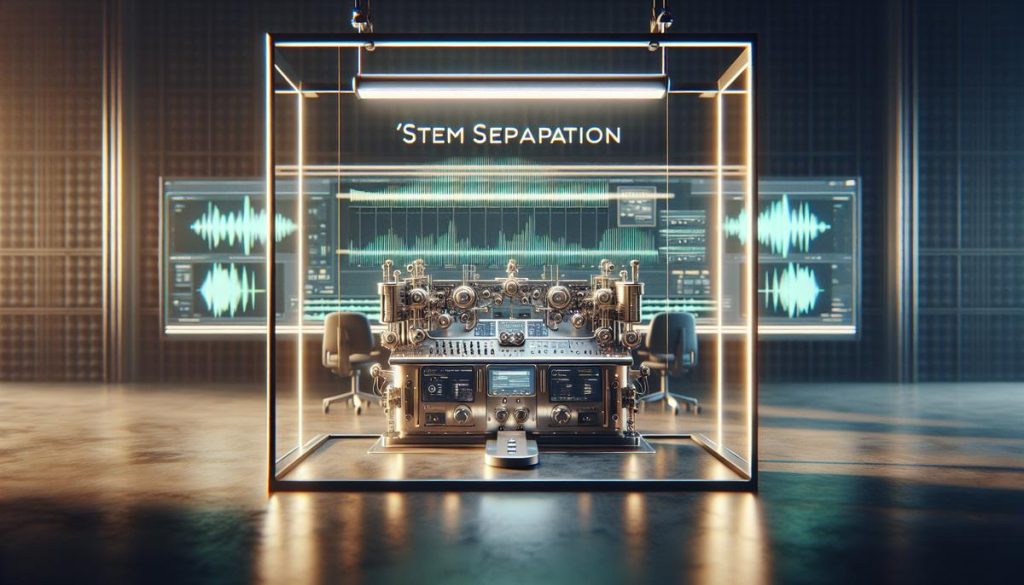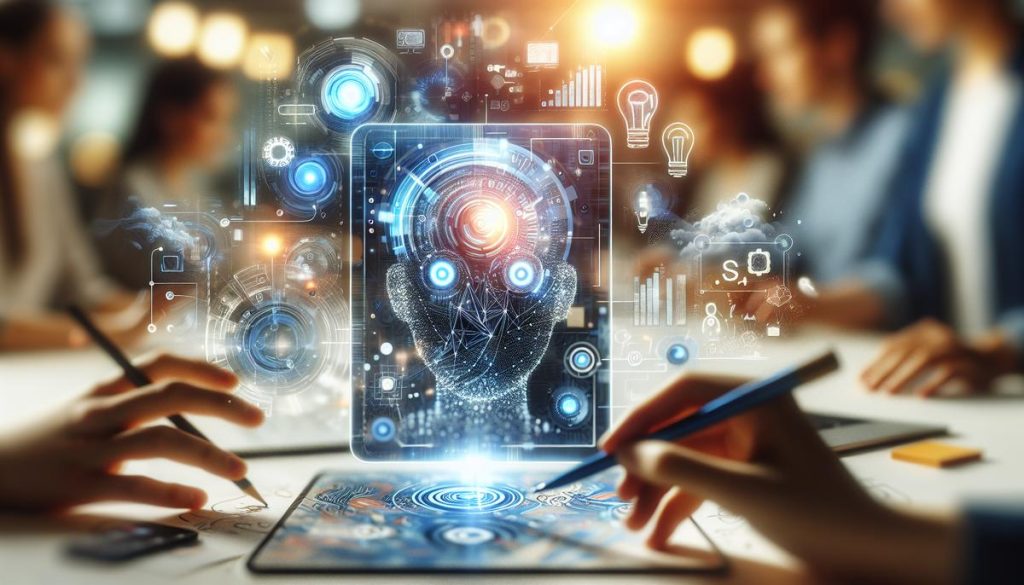
OpenAI Launches ChatGPT Pro, Trump Appoints David Sacks as AI Czar, and Google Faces Backlash Over Emotion-Detecting AI Model
Share your love
Artificial Intelligence recruitment and selection are undergoing a transformation as AI-driven tools become integral to modern hiring processes. From applicant tracking systems powered by machine learning to AI models that assess cognitive and emotional compatibility, businesses are leveraging these technologies to identify top-tier candidates more effectively. Tools like predictive analytics improve decision-making by analyzing extensive data, while AI-powered chatbots streamline initial screenings, reducing recruiters’ workloads. However, challenges remain, such as ensuring fairness and avoiding algorithmic biases. As AI evolves, it’s reshaping how companies attract, evaluate, and select talent, positioning itself as a key player in the future of workforce management.
Table of Contents
- OpenAI’s ’12 Days of Christmas’ Begins with ChatGPT Pro
- Trump Taps David Sacks as AI and Crypto Czar
- Google’s New AI Models Identify Emotions, Raising Concerns
- Four New AI Tools for Your Toolkit
- Latest AI Research Papers and Trends
OpenAI’s ’12 Days of Christmas’ Begins with ChatGPT Pro
To kick off their “12 Days of OpenAI,” the company has unveiled a new subscription service called ChatGPT Pro, priced at $200 per month. This service offers access to their powerful O1 reasoning model, promising a 34% reduction in errors on complex tasks.
Upgraded Features
- Enhancements in image analysis
- Quicker, more concise outputs
OpenAI’s CEO, Sam Altman, hinted that each day will bring fresh announcements, ensuring there’s plenty to keep the AI community engaged.
Trump Taps David Sacks as AI and Crypto Czar
In a surprising political appointment, President-elect Donald Trump has named David Sacks as the White House’s AI and crypto czar.
Role and Responsibilities
Sacks, a notable venture capitalist, will lead efforts in shaping policy for:
- Artificial Intelligence
- Cryptocurrency
His appointment indicates a significant push towards clearer regulations in both sectors, as he is also set to chair the Presidential Council of Advisors for Science and Technology.
Google’s New AI Models Identify Emotions, Raising Concerns
Google has introduced its new PaliGemma 2 model, designed to analyze images and detect emotions. However, this has sparked concerns from experts.
Criticism and Risks
- Critics argue the model could oversimplify the complexity of human emotions, risking bias in areas like hiring and law enforcement.
- While Google claims to have tested for demographic biases, many believe the testing methods may not be sufficient.
- The implications could be significant if such technology were to be broadly deployed.
Four New AI Tools for Your Toolkit
We also have news on four new AI tools making waves in the tech space:
- Coval – Enhances simulation and evaluation for AI agents, a vital tool for developers.
- Zipy – Aims at simplifying mobile app debugging, integrating seamlessly with popular development platforms.
- Pointer AI – Focuses on streamlining document editing in Google Workspace, allowing users to maintain productivity with AI-driven updates.
Latest AI Research Papers and Trends
Research remains vibrant in the AI field, with the recent release of several profound papers:
- Exploring critical tokens in AI logic
- Groundbreaking work around efficient three-dimensional LiDAR scene completion
It’s a busy time for innovation!
That’s all for this edition! Stay tuned as we bring you more updates on the fascinating world of Artificial Intelligence. Until next time, keep looking towards the future of technology!















